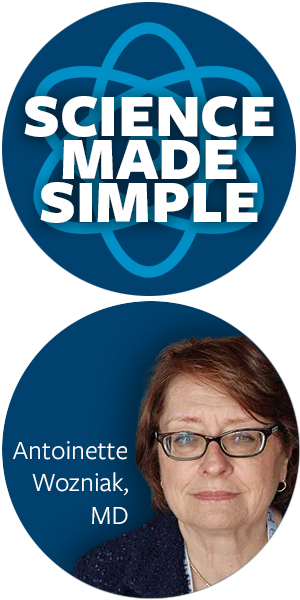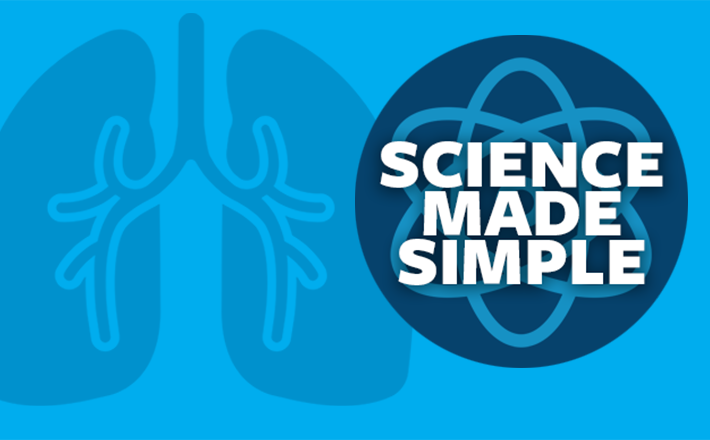
Las buenas noticias
La FDA concedió recientemente la aprobación al tepotinib para el tratamiento del cáncer de pulmón no microcítico (CPNM) avanzado con alteraciones de la omisión del exón MET 14.
Por qué es importante
MET alterations occur in 3-4% of patients with NSCLC, and those alterations are responsible for driving the development of the cancer. Patients who have MET exon 14 skipping alterations are typically older individuals at 70 years or greater. The Vision trial was a Phase 2 study that evaluated tepotinib in different groups of patients. In those with exon 14 skipping alterations who were not previously treated, 57% had at least a 50% shrinkage of their cancer, and the control of the disease lasted for a median of 46 months. For patients who had previously received treatment, the response rate was 45%, and in many the cancer control lasted for more than 12 months (JAMA Oncology, Volume 9, pages 1260-66, 2023). The drug was also beneficial for patients with brain metastases. The treatment was well tolerated with leg swelling as the most common side effect.
Qué significa para los pacientes
El tepotinib representa un tratamiento oral eficaz para los pacientes con CPNM avanzado con mutación del exón 14 de MET. Esto es especialmente importante ya que estos pacientes suelen ser personas mayores. Antes de este avance, la quimioterapia había sido el tratamiento estándar. Esto también pone de relieve el valor de realizar pruebas de biomarcadores para evaluar a los pacientes con cáncer de pulmón recién diagnosticados en busca de anomalías como las mutaciones de omisión del exón MET 14, de modo que pueda prescribirse el tratamiento adecuado. Es interesante señalar que el ensayo Vision también permitió utilizar la biopsia líquida (muestra de sangre) para detectar la alteración MET.
Qué hay que tener en cuenta
Se sigue investigando con tepotinib, así como con otros nuevos inhibidores de MET. Es importante señalar que estos agentes se están probando en otras anomalías MET además de las alteraciones de omisión del exón MET 14. Siempre hay margen de mejora para que estos pacientes prolonguen su supervivencia.
Lea sobre los becarios del LCRF que trabajan actualmente en proyectos relacionados con el MET:
- Amanda Bradley, PhD, Fred Hutchinson Cancer Center
- Xiuning Le, MD, PhD, University of Texas M.D. Anderson Cancer Center
- Emiliano Cocco, PhD, University of Miami – Dr. Cocco’s team is collaborating with Dr. Alexander Drilon’s clinical trial at Memorial Sloan Kettering Cancer Center. Dr. Drilon is a member of LCRF’s Scientific Advisory Board.
